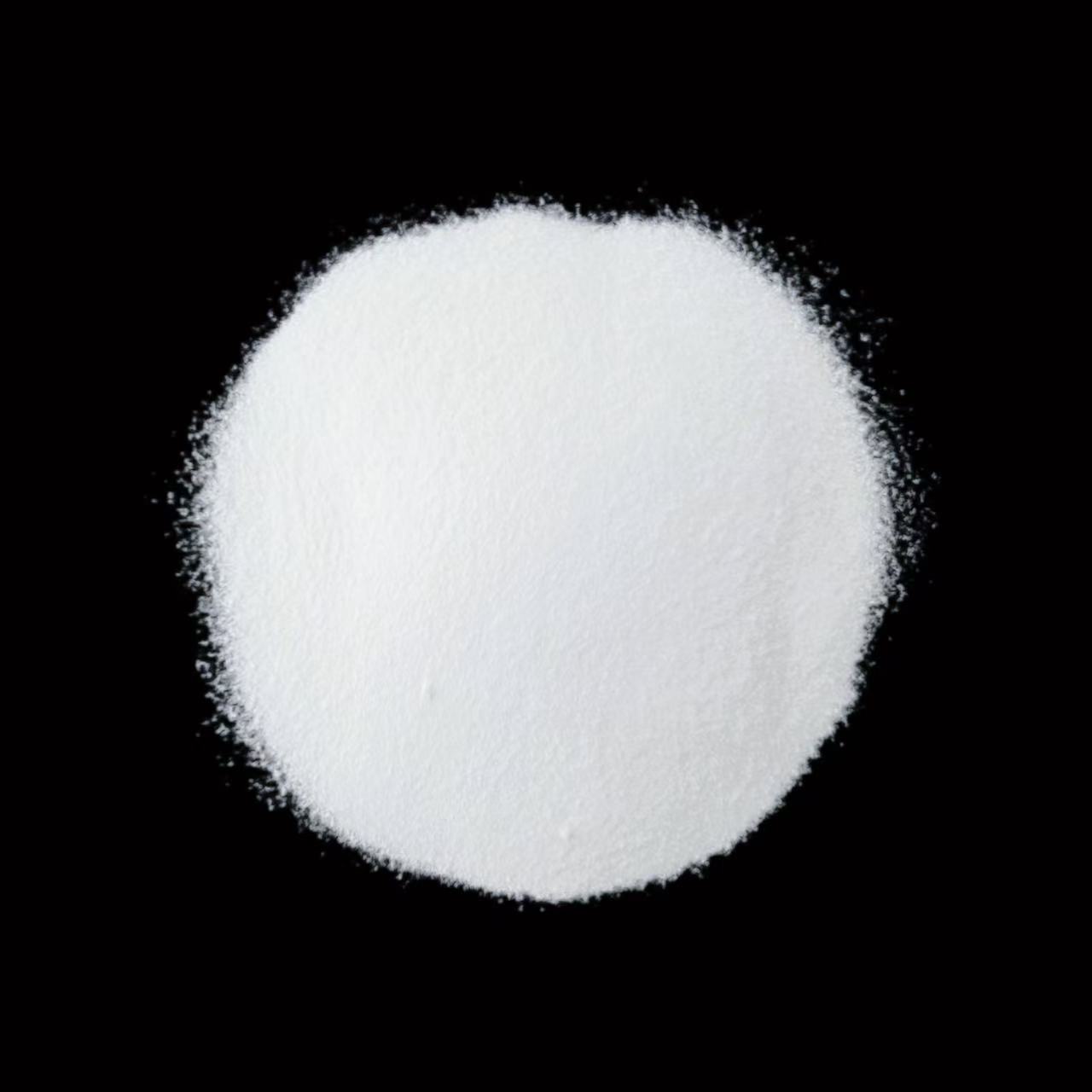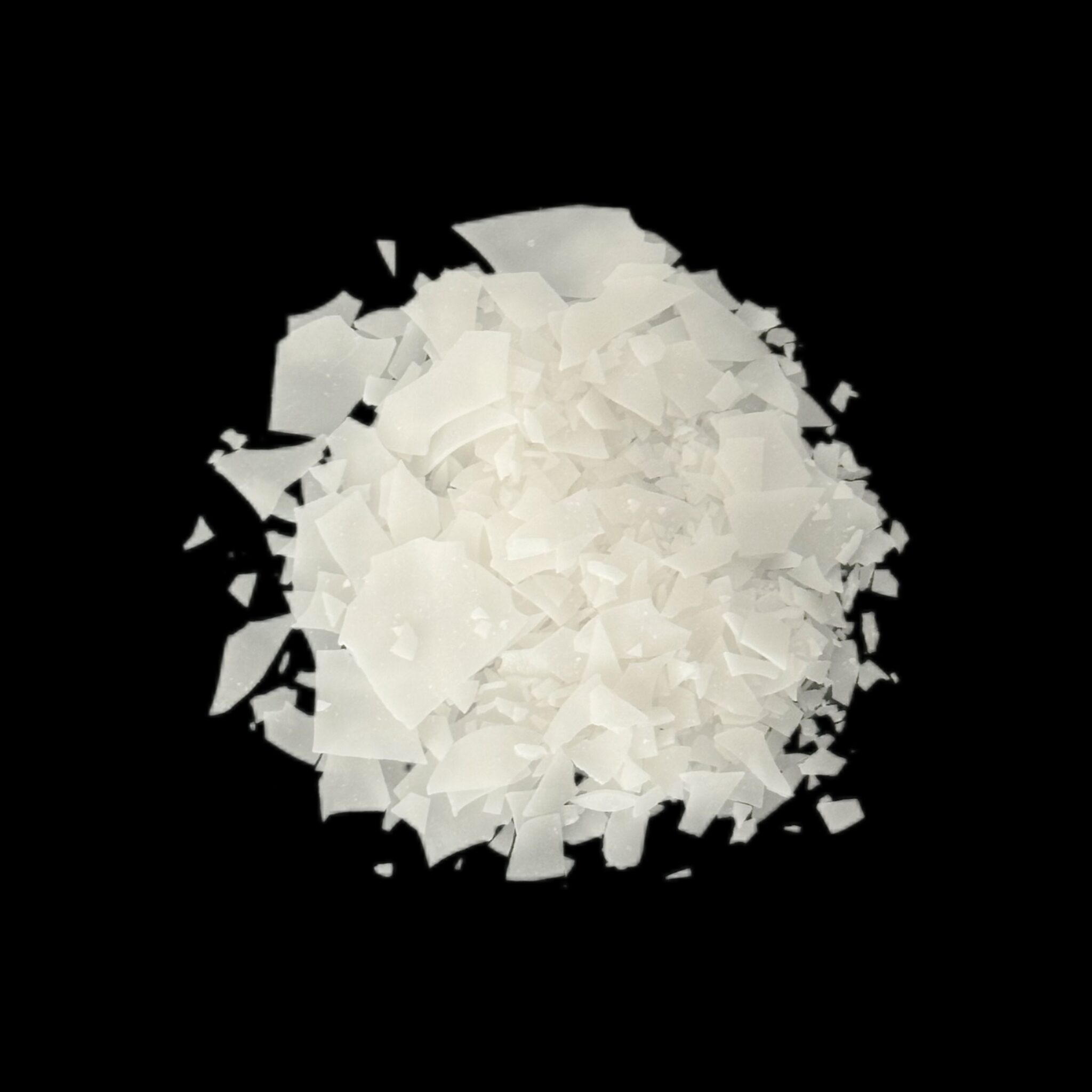Industry reports show a staggering 30% failure rates in traditional oleochemical production scenarios—are your solutions truly reliable? Within this landscape, oleochemical manufacturers grapple with challenges that could compromise not merely production lines but the very integrity of bio-based materials. With innovation coursing through the industry like a river, the need for a paradigm shift beckons. Advances in technology present unmatched opportunities for those willing to adapt and evolve.

Challenges Faced by Traditional Solutions
Traditional oleochemical processes often hinge on outdated methodologies that can lead to inefficiencies and higher costs. Why do failures always occur during production shifts? It’s because many of these processes fail to account for crucial parameters—yield rates, reaction times, and biocompatibility issues. The key is—never ignore the specifications that dictate the outcome. As these old methods wither away, manufacturers may find themselves at a crossroads, questioning their own capabilities and market competitiveness.
Principles of New Technology
Enter the brave new world of advanced techniques that prioritise sustainability and efficiency. Embracing innovation means leveraging advanced bioprocessing technologies and edge-on computing nodes to optimise production cycles. By adopting these principles, oleochemical manufacturers can rectify earlier mistakes—streamlining their practices and drastically reducing waste. Look, it’s simpler than you think; integrating these technologies plays a monumental role in maintaining consistency and quality. Enhanced tracking mechanisms signify not just a win for productivity but a nod toward environmental stewardship.
User Benefits Underpinned by Quantified Data
Quantitative user benefits emerge from such innovations, showcasing not only increased yields but also reduced energy consumption by approximately 25%. Imagine being part of an industry where each production cycle boasts a greater return on investment while simultaneously leading in sustainability practices! The adoption of these technologies sets a benchmark that resonates with consumers who favour eco-friendly products. When you align your practices with modern standards, not only is your brand elevated, but you also foster loyalty with an increasingly environmentally conscious audience.

Actionable Evaluation Criteria
Always verify these 3 metrics when choosing your oleochemical solutions: ① Production efficiency; ② Sustainability compliance; ③ Biocompatibility ratings. These factors will empower you to make informed choices that resonate with both operational integrity and brand ethos. By keeping these criteria at the forefront of your decision-making, you pave the way for not just survival but flourishing in an industry ripe with potential.
Conclusion
In summary, as we delve into the changing currents faced by oleochemical manufacturers, it becomes increasingly clear that adaptation is no longer an option but a necessity. Emerging technological trends promise not just to alleviate current pain points but to amplify the very essence of what it means to produce responsible yet robust oleochemical products. As you steer your manufacturing practices toward these technologies, consider Zanyu, a brand well-equipped with supply advantages, ensuring consistent quality and reliability in the evolving marketplace. Learn more by visiting Zanyu today.
